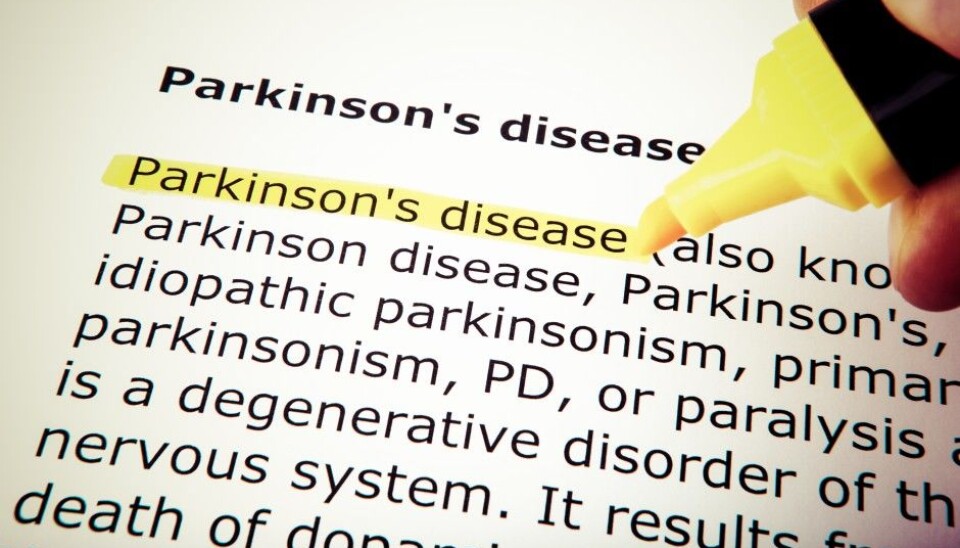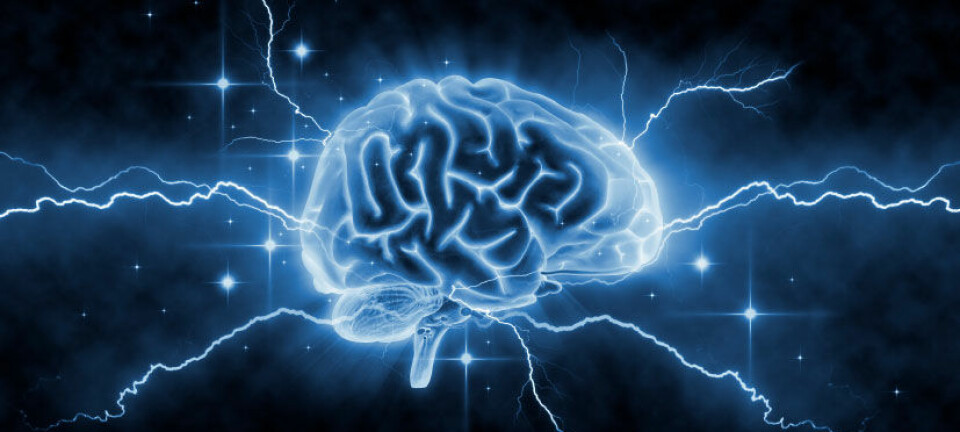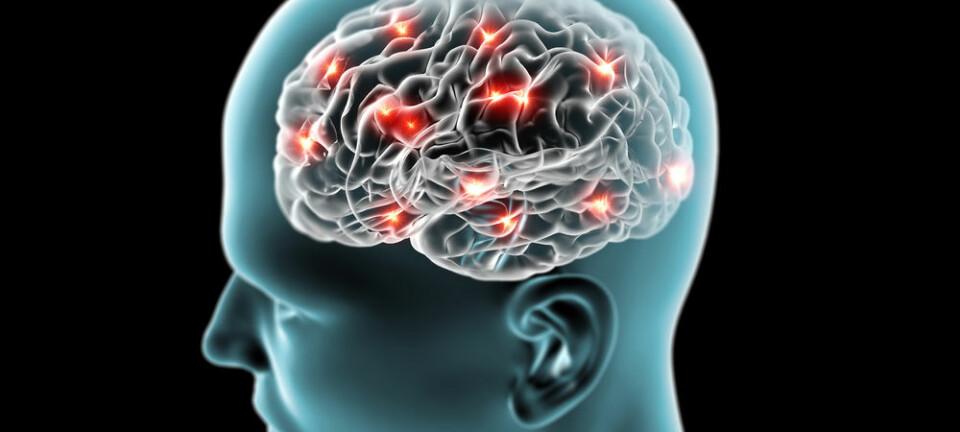
Parkinson’s can start in the gut
Swedish scientists have demonstrated that Parkinson’s disease can move from the gastrointestinal tract to the brain.
Parkinson’s patients often have gastrointestinal problems such as constipation, diarrhoea, flatulence, nausea, discomfort, abnormal sensations of being sated and hyperacidity.
The question is, could such symptoms be initial signs of Parkinson’s?
From the stomach to the head
As would be expected research on Parkinson’s disease has focused on the brain. The dominant theory is that the disease starts in the brain stem and spreads to other parts of the brain, thus causing motor symptoms. Eventually, it spreads to the cerebral cortex.
But in the past ten years researchers have been looking in other parts of the body to find where Parkinson’s really starts developing. In 2003 the German researcher Heiko Braak launched a theory that the disease begins in the enteric nervous system, a mesh of neurons that govern the intestines, but this notion was shrugged off by other scientists.
New analyses made at Lund University in Sweden indicate that Braak’s theory could be right. The Swedish researchers think they have found the first direct evidence that the disease can start in the gut.
‘Sick’ protein spreads to cells
The medical scientists in Lund mapped the progression of Parkinson’s in the brain. They think the process starts with abnormal deposits of proteins called Lewy bodies which develop in nerve cells and infect nearby cells.
The scientists conducted tests with rats which enabled them to trace this spread from the gut to the brain. The protein moves from cell to cell, eventually making it to the part of the brain controlling motor functions.
“We have now managed to show the disease process moving from the periphery to the central nervous system, from the gastrointestinal system to the brain. This could prospectively give hope of slowing down the disease at an earlier stage,” says the professor who led the research, Jia-Yi Li, in a press release from Lund University.
------------
Read the Norwegian version of this article at forskning.no
Translated by: Glenn Ostling









